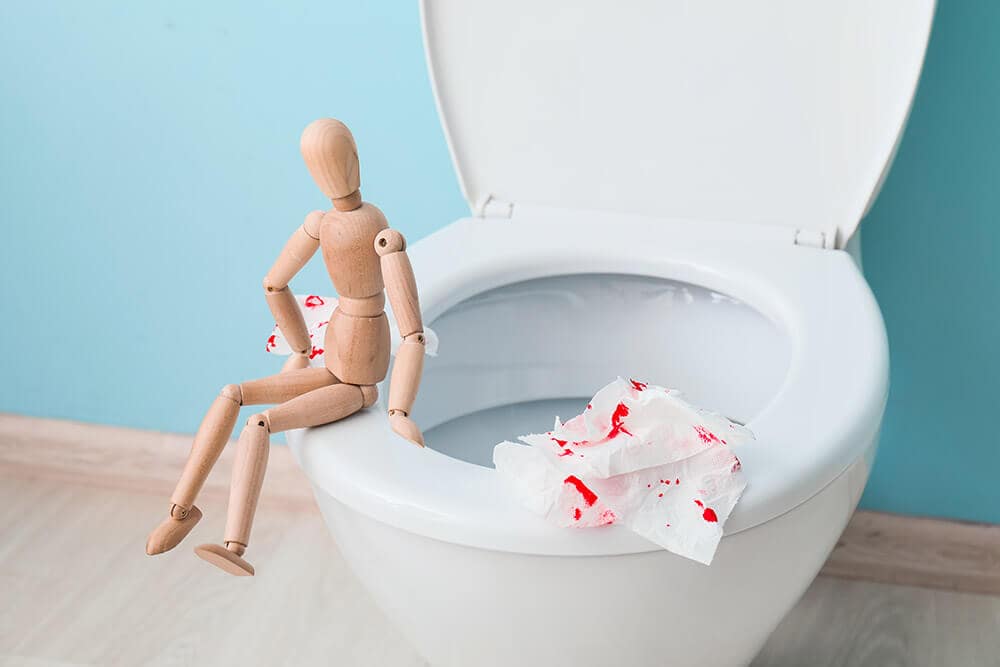Expert Treatment for Hypertension by Dr. Bharat Pothuri
Dr. Pothuri uses a step-by-step approach:
Medical History and Physical Exam
He reviews your pain characteristics (location, intensity, timing), dietary triggers, alcohol and NSAID use, stress levels, and performs an abdominal exam for tenderness or masses.
Laboratory Tests
We obtain a CBC (to check for anemia or infection), liver function tests, pancreatic enzymes (amylase, lipase), H. pylori testing (breath or stool), and a basic metabolic panel.
Endoscopic Evaluation
An upper endoscopy (EGD) allows direct visualization of the esophagus, stomach, and duodenum to detect ulcers, gastritis, or other mucosal injuries, with biopsies taken if indicated.
Imaging Studies
- Abdominal ultrasound to assess the gallbladder, biliary tract, and pancreas for stones or inflammation.
- CT scan of the abdomen when pancreatitis or other structural abnormalities are suspected.
Functional and Advanced Testing (if needed)
Gastric emptying studies for suspected gastroparesis, pH monitoring to evaluate acid reflux, or esophageal manometry for motility disorders.

Frequently Asked Questions
What is hypertension?
Hypertension is high blood pressure-when arteries consistently measure >130/80 mm Hg-raising cardiovascular risk.
How is hypertension diagnosed?
Diagnosis uses multiple blood pressure readings on separate visits or ambulatory/home monitoring to confirm persistent elevation.
What lifestyle changes help lower blood pressure?
Reduce salt intake, eat a DASH diet, exercise regularly, maintain healthy weight, limit alcohol, and manage stress.
When are medications needed?
Medications are prescribed when lifestyle measures don't achieve target BP or when risk factors/coexisting diseases are present.
How often should I check my blood pressure?
Home monitoring once daily for a week before appointments, and routine office checks as advised by your provider.












